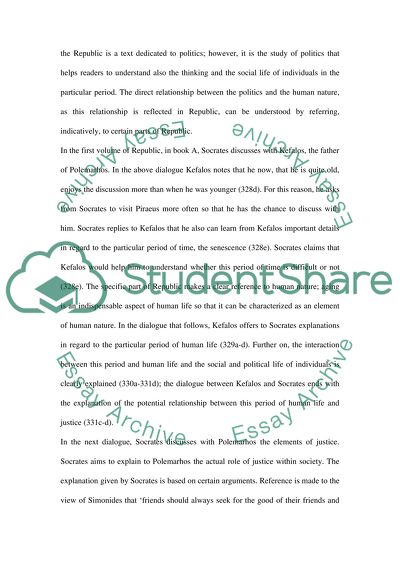Cite this document
(“Plato's Republic - Does this mean that Plato's view of human nature Essay”, n.d.)
Retrieved from https://studentshare.org/history/1461507-plato-s-republic-does-this-mean-that-plato-s-view
Retrieved from https://studentshare.org/history/1461507-plato-s-republic-does-this-mean-that-plato-s-view
(Plato's Republic - Does This Mean That Plato'S View of Human Nature Essay)
https://studentshare.org/history/1461507-plato-s-republic-does-this-mean-that-plato-s-view.
https://studentshare.org/history/1461507-plato-s-republic-does-this-mean-that-plato-s-view.
“Plato's Republic - Does This Mean That Plato'S View of Human Nature Essay”, n.d. https://studentshare.org/history/1461507-plato-s-republic-does-this-mean-that-plato-s-view.


